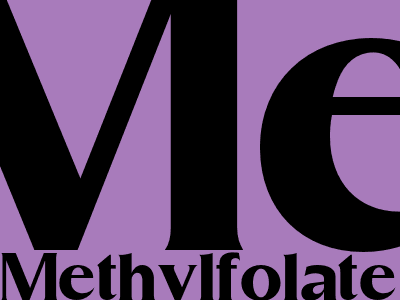
Methylfolate Supplement: Essential Information You Can’t Miss
What Is Methylfolate?
Methylfolate, also known as 5-methyltetrahydrofolate (5-MTHF), is a naturally occurring form of folate that is essential for a variety of bodily functions. Folate is a B vitamin that helps the body produce DNA, RNA, and proteins. It also plays a role in red blood cell production and helps to prevent birth defects.
What Are the Benefits of Methylfolate?
Methylfolate has been shown to have a number of health benefits, including:
- Improved mood and cognitive function: Methylfolate is essential for the production of neurotransmitters, which are chemicals that help nerve cells communicate. Adequate folate levels have been linked to improved mood, reduced anxiety, and better cognitive function.
- Reduced risk of birth defects: Folate is essential for preventing birth defects, such as spina bifida and anencephaly. Women who are trying to conceive or who are pregnant should take a folate supplement to ensure that they are getting enough of this important nutrient.
- Lowered risk of heart disease: Methylfolate may help to lower the risk of heart disease by reducing levels of homocysteine, an amino acid that has been linked to an increased risk of heart disease.
Who Needs to Take a Methylfolate Supplement?
Not everyone needs to take a methylfolate supplement. However, there are certain groups of people who may benefit from supplementation, including:
- Women who are trying to conceive or who are pregnant
- People with a family history of birth defects
- People with heart disease
- People with depression or anxiety
- People who have difficulty absorbing folate from food
How Much Methylfolate Should You Take?
The recommended daily intake of methylfolate is 400 mcg. However, some people may need to take more or less depending on their individual needs. It is important to talk to your doctor before starting a methylfolate supplement to determine the right dosage for you.
Can You Get Methylfolate from Food?
Methylfolate is found naturally in a variety of foods, including:
- Leafy green vegetables (spinach, kale, collard greens)
- Citrus fruits (oranges, grapefruits, lemons)
- Beans and lentils
- Eggs
- Meat and poultry
However, it can be difficult to get enough methylfolate from food alone. This is especially true for people who have difficulty absorbing folate from food or who have certain health conditions that increase their need for folate.
Conclusion
Methylfolate is an essential nutrient that has a number of important health benefits. If you are not getting enough methylfolate from food, you may want to consider taking a supplement. Talk to your doctor to determine the right dosage for you.